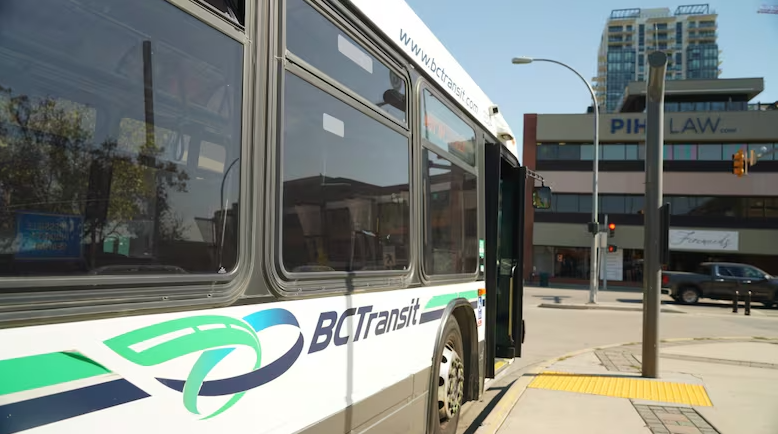Bus Fares Rise Across B.C. as Pandemic Freeze Ends, Sparking Accessibility Concerns
Emma MacLeod
7/30/20252 min read


Bus fares are increasing in communities across British Columbia, ending a multi-year freeze brought on by the COVID-19 pandemic. While transit agencies say the hikes are necessary to fund service expansions, disability advocates are urging decision-makers to consider the disproportionate impact on vulnerable riders.
B.C. Transit, which operates public transit in over 130 communities outside Metro Vancouver, confirmed that fare increases are being implemented after a federal-provincial “Safe Restart” agreement expired in April. That agreement had limited fare hikes to 2.3 per cent annually, but many regions had deferred increases altogether.
Victoria and Nanaimo were among the first to raise prices this spring. Others, including Kamloops, Kelowna, Whistler and the Central Fraser Valley, have approved fare changes set to take effect this fall. The Comox Valley is next in line, with regional directors set to vote Tuesday on proposed increases.
Mike Zbarsky, transit and facilities manager for the Comox Valley Regional District, says the last fare review took place in 2018. He believes the increases strike a necessary balance.
“We need to ensure fares are affordable, but also that they generate enough revenue to support and expand service,” Zbarsky told CBC News.
Proposed fare hikes in the Comox Valley include raising single fares from $2.00 to $2.50 and 30-day passes from $55 to $65. Concession fares and handyDART services would also see price increases. At the same time, the region is exploring options like a U-Pass for North Island College students and potential subsidies for low-income residents.
During the pandemic, transit systems across B.C. continued to improve service without increasing fares. Zbarsky says the additional revenue now will allow for further enhancements, but acknowledged there’s a risk of ridership decline due to cost.
The now-expired Safe Restart agreement had injected $86 million into B.C. Transit to help cover revenue shortfalls and COVID-19-related costs. Transit officials say some fare increases are rounded up for cash simplicity, as exact change with coins like dimes or nickels can be impractical.
Still, not everyone agrees the process has been equitable.
Lynda Brosko, executive director of L’Arche Comox Valley, supports the need for transit funding but wants officials to involve those most affected in decision-making.
“My hope is that we ask people with disabilities how these changes impact them,” she said. “On a fixed income, every little increase matters — and it’s not just fares going up, it’s everything.”
While the Comox Valley board is weighing subsidy options for low-income riders, Brosko cautioned that such programs can be difficult to access — particularly for individuals with intellectual disabilities.
“Sometimes subsidies are so complex that unless you have someone to help you, you can’t access the support that’s supposed to be for you,” she said.
As more B.C. communities review their transit fare structures, advocates say accessibility and inclusion must be built into the process — not added as an afterthought.
News
Stay updated with the latest BC news stories, subscribe to our newsletter today.
SUBSCRIBE
© 2025 Innovatory Labs Inc.. All rights reserved.
LINKS
